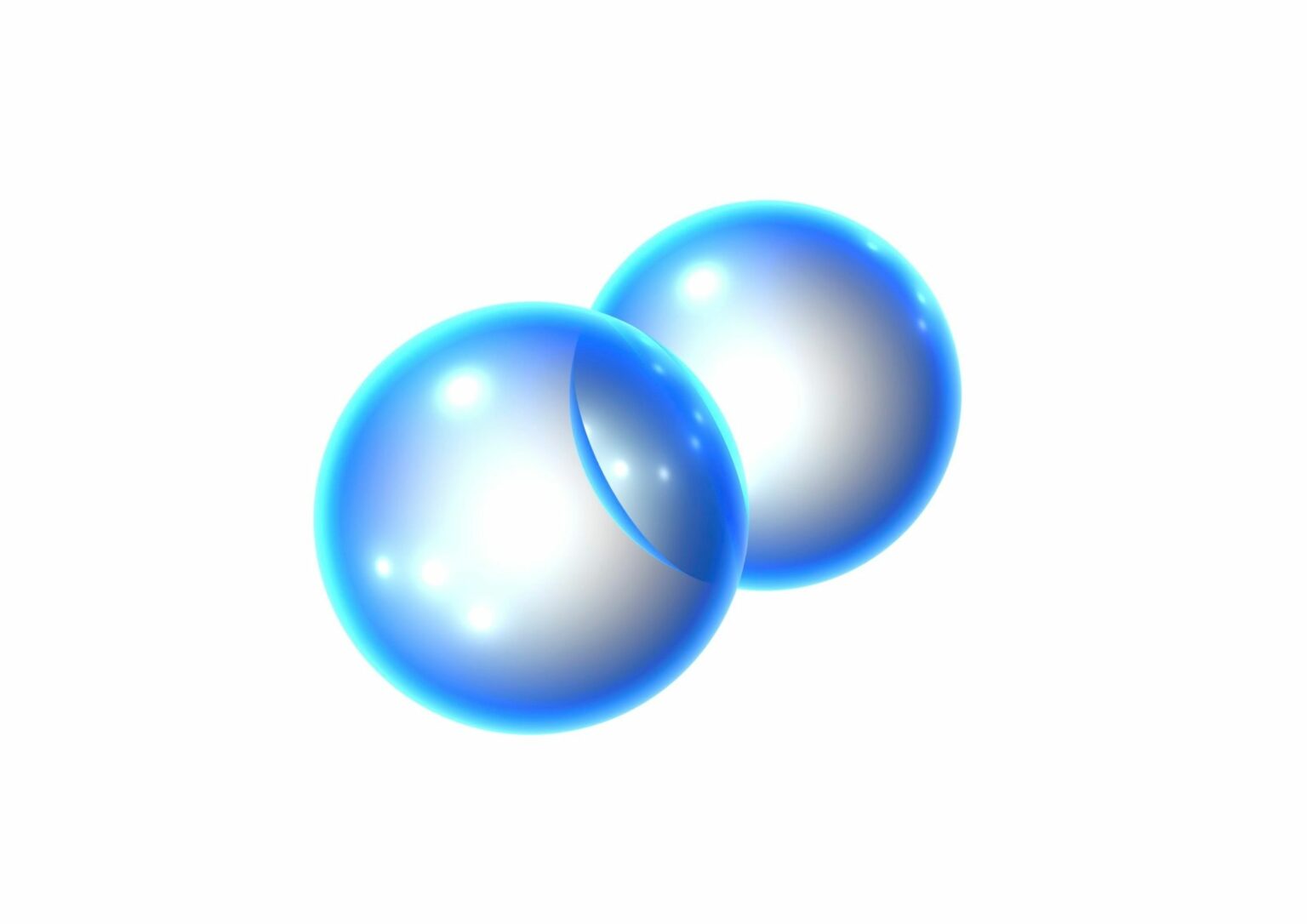Eletronuclear has revealed plans to produce 100 tons of clean hydrogen annually through the operation of nuclear plants in Angra dos Reis, Rio de Janeiro. The project, presented in Brasília during a seminar on sustainable hydrogen, is positioned as a key contributor to global decarbonization efforts.
With the imminent completion of Angra 3, the annual hydrogen production capacity is set to soar to 167 tons.
Nelri Ferreira Leite, Eletronuclear’s chemical engineer and the technical coordinator of the hydrogen project, highlighted the multifaceted goals. Beyond showcasing the application of clean hydrogen in residential areas, including villages in Angra dos Reis and Paraty, the initiative aims to power administrative buildings, homes, and potentially hydrogen-fueled vehicles. Notably, the project also underscores the economic gains and strategic independence for Angra 1, 2, and 3, setting it apart as an innovative and self-sustaining venture.
Hydrogen, a green energy contender, emerges as a byproduct of nuclear reactor operations, offering a carbon-neutral energy generation pathway. Angra 1 and 2’s use of seawater in the cooling process provides an ideal setting for hydrogen production. The byproduct is a result of the electrolysis of seawater during the production of the biocide sodium hypochlorite. Significantly, this process avoids any contact with radioactive materials, ensuring both safety and environmental responsibility.
Eletronuclear’s strategic collaboration with Furnas in 2021 paved the way for feasibility studies on utilizing hydrogen generated through seawater electrolysis. The collaboration enlisted the expertise of the Itaipu Technological Park, operating an experimental hydrogen plant for a decade. The proposed system for capturing and processing hydrogen not only promises safety and minimal intervention but also brings forth economic and environmental benefits. The two-year implementation timeline is anticipated to drive significant cost savings and emission reductions.
Nelri emphasized the uniqueness of Eletronuclear’s initiative. Its scalability along the Brazilian coastline, leveraging seawater availability without tapping into freshwater resources, positions it as a trailblazing solution for meeting the anticipated hydrogen demand in the coming decades. Notably, the project distinguishes itself by operating on an industrial scale, a feat yet unparalleled globally. Moreover, the entire technological framework for this pioneering process is homegrown, marking a testament to Brazil’s technological prowess in the clean energy landscape.
